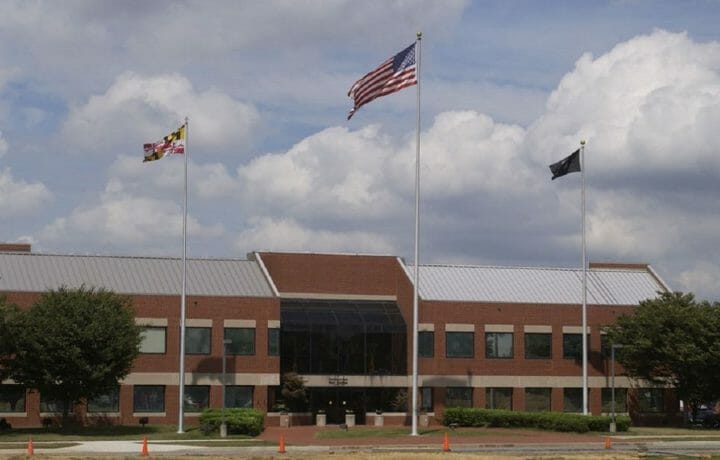Another day, another major leak of sensitive information. In the wake of a pre-decisional Supreme Court draft on Roe v. Wade making headlines, many individuals have asked if the person who leaked the document could go to jail. The answer largely depends upon how the document made it into the public, but the short answer is that the document itself wasn’t classified – so a prosecution a la Chelsea Manning is not going to happen.
Chief Justice John Roberts issued a statement today, saying “We at the Court are blessed to have a workforce – permanent employees and law clerks alike – intensely loyal to the institution and dedicated to the rule of law. Court employees have an exemplary and important tradition of respecting the confidentiality of the judicial process and upholding the trust of the Court. This was a singular and egregious breach of that trust that is an affront to the Court and the community of public servants who work here.”
Justice Roberts also said he had directed the Marshal of the Court to investigate the leak. Members of Congress have also called on the Department of Justice to investigate the leak – whether or not that would occur, or could result in any action, is another matter. Fox News reported a senior official as saying there is not a current FBI investigation into the matter.
Should Supreme Court Materials be Classified?
The majority draft opinion is a nearly 100 page document – and an unprecedented leak for the nation’s highest court. Politico touted, “No draft decision in the modern history of the court has been disclosed publicly while a case was still pending.” It’s unclear how the document made its way to news outlet Politico, but that process will likely be the only way any criminal charges could be pressed – if it’s discovered the document was stolen or improperly accessed via electronic means. Without any classification protections, typical procedures for prosecution related to unauthorized disclosures wouldn’t apply. But given the national outcry – of both the decision and the leak – that doesn’t mean some action won’t take place. It’s just unlikely to be the classification of Supreme Court documents.
“I don’t know how you classify, say, a SCOTUS decision on some farming law with a straight face,” said security clearance attorney Sean Bigley. “I think it would be clear overclassification since there is no nexus to national security and the final product is going to become public anyway.
“That being said, pre-decisional documents are already exempt from public release under FOIA. A leak like this is definitely grounds for disciplinary action -termination- against a federal employee. Given the gravity of the breach of trust, it would also be a sufficient basis for revocation of the individual’s security clearance. Depending on how the document was obtained, there may also very well be criminal liability here under existing law.”




